GNC Niacin 250mg 100’s Imported
Supplement Overview
- Provides 250 mg of niacin (vitamin B3) per serving
- Available in 100-count bottles
- Imported from the United States
Niacin Benefits
- Essential nutrient that supports healthy blood lipid levels
- Promotes blood vessel health
- 250 mg is a common strength for niacin supplements
Ingredients
- Vegetarian-friendly
- Contains dicalcium phosphate, microcrystalline cellulose, and rice bran powder
- Recommended dosage is one or two tablets per day
-

Original price was: ₨7,000.00.₨5,999.00Current price is: ₨5,999.00.
Description
Supplement Overview
- Provides 250 mg of niacin (vitamin B3) per serving
- Available in 100-count bottles
- Imported from the United States
Niacin Benefits
- Essential nutrient that supports healthy blood lipid levels
- Promotes blood vessel health
- 250 mg is a common strength for niacin supplements
Ingredients
- Vegetarian-friendly
- Contains dicalcium phosphate, microcrystalline cellulose, and rice bran powder
- Recommended dosage is one or two tablets per day
Key Benefits of GNC Niacin 250mg
- Supports a healthy blood lipid profile
- Promotes blood vessel health
- Provides 250 mg of niacin (vitamin B3) per serving
Key Ingredients
- Dicalcium phosphate
- Microcrystalline cellulose
- Rice bran powder (Oryza sativa)
- Stearic acid (vegetable source)
- Croscarmellose sodium
Mechanism of Action of Niacin
- Niacin reduces the production of very-low-density lipoprotein (VLDL) cholesterol in the liver, leading to decreased levels of low-density lipoprotein (LDL) cholesterol and triglycerides.
- It increases the production of high-density lipoprotein (HDL) cholesterol, the “good” cholesterol that helps remove excess cholesterol from the body.
- Niacin has been shown to reduce inflammation in the body, which is a key factor in the development of cardiovascular diseases.
- It inhibits the production of inflammatory cytokines and adhesion molecules, which play a role in the progression of atherosclerosis.
- Niacin promotes the release of nitric oxide, a potent vasodilator, leading to improved blood flow and reduced blood pressure.
- It enhances the function of the endothelium, the inner lining of blood vessels, which is important for maintaining vascular health.
- Niacin has antioxidant properties that help protect cells from damage caused by free radicals.
- It supports the activity of antioxidant enzymes and reduces oxidative stress, which is associated with various chronic diseases.

 NiacinEssential nutrient also known as nicotinic acidMoreDefinitionAn organic compound and a vitamer of vitamin B3, produced by plants and animals from tryptophan.Role in Human NutritionNeeded for DNA repair, and acts as a precursor for vital coenzymes involved in cellular metabolism.SourcesFound in fortified packaged foods, meat, poultry, red fish, nuts, legumes, and seeds.
NiacinEssential nutrient also known as nicotinic acidMoreDefinitionAn organic compound and a vitamer of vitamin B3, produced by plants and animals from tryptophan.Role in Human NutritionNeeded for DNA repair, and acts as a precursor for vital coenzymes involved in cellular metabolism.SourcesFound in fortified packaged foods, meat, poultry, red fish, nuts, legumes, and seeds.Chemical Structure of Niacin
Niacin, also known as vitamin B3, has the following chemical structure:Niacin Chemical StructureKey features of the niacin structure:Pyridine Ring
- Niacin contains a pyridine ring, which is a heterocyclic aromatic compound.
- The pyridine ring is substituted with a carboxylic acid group at the 3-position.
Carboxylic Acid Group
- The carboxylic acid group (COOH) is attached to the pyridine ring, giving niacin its acidic properties.
Nicotinamide and Nicotinic Acid
- Niacin exists in two main forms – nicotinamide (niacinamide) and nicotinic acid.
- Nicotinamide has a carboxamide group (CONH2) instead of the carboxylic acid.
- Both forms can be converted to the coenzymes NAD and NADP in the body.

Key Precautions and Dietary Restrictions for GNC Niacin 250mg
While niacin supplements are generally well-tolerated, there are some important precautions and dietary restrictions to be aware of:Consult with a Healthcare Professional
- Before starting any new supplement regimen, it is crucial to consult with a healthcare professional, especially if you have any underlying medical conditions or are taking medications.
- Niacin can interact with certain drugs, such as cholestyramine, statins, and diabetes medications.
Avoid High Doses
- High doses of niacin (above 1,000 mg per day) can cause side effects like flushing, rashes, headaches, and liver damage.
- The recommended dosage for GNC Niacin 250mg is one or two tablets daily, providing 250-500 mg of niacin.
Limit Alcohol Consumption
- Alcohol can increase the risk of liver damage when taken with high doses of niacin.
- It is recommended to limit or avoid alcohol while taking niacin supplements.
Monitor Blood Sugar Levels
- Niacin may affect blood sugar levels in people with diabetes.
- Those with diabetes should monitor their blood sugar closely and consult with their healthcare provider before starting niacin supplements.
Avoid During Pregnancy and Breastfeeding
- There is insufficient research on the safety of niacin supplements during pregnancy and breastfeeding.
- It is best to avoid niacin supplements unless specifically recommended by a healthcare professional.
Cholesterol Medications
- Statins like atorvastatin, simvastatin, and lovastatin may increase the risk of muscle problems when taken with niacin.
- Bile acid sequestrants such as cholestyramine, colestipol, and colesevelam can reduce niacin absorption. Niacin should be taken 4-6 hours after these medications.
Diabetes Medications
- Niacin may increase blood sugar levels. Close monitoring is needed for those taking insulin, metformin, glyburide, glipizide, or other diabetes medications.
Antibiotics
- Tetracycline antibiotics interfere with niacin absorption and effectiveness. Niacin and tetracycline should not be taken together.
Blood Thinners
- Niacin may enhance the effects of anticoagulants like warfarin, increasing bleeding risk.
Blood Pressure Medications
- Alpha-blockers: Niacin can potentiate the blood pressure lowering effects of these drugs.
Tuberculosis Medication
- Isoniazid (INH) may lower niacin levels and cause a deficiency.
Nicotine Patches
- Using nicotine patches with niacin may worsen or increase flushing.
Niacin During Pregnancy
- Niacin is generally considered safe to take during pregnancy, but only in the recommended amounts.
- The recommended dietary allowance (RDA) for niacin during pregnancy is 18 mg per day.
- Doses above 35 mg per day have not been well studied in pregnant women and are not recommended.
- Niacin is important for fetal development, as it helps prevent birth defects and supports the baby’s brain and nervous system.
- However, pregnant women should not take prescription niacin for high cholesterol, as the high doses can be harmful.
- If needed to prevent or treat niacin deficiency, niacin supplements are likely safe in the recommended amounts during pregnancy.
Niacin During Breastfeeding
- Niacin is excreted into breastmilk, so breastfeeding women need adequate niacin intake.
- The RDA for niacin during breastfeeding is 17 mg per day.
- High doses of niacin taken by the mother can potentially cause adverse effects in the breastfed infant.
- It is recommended to consult with a healthcare provider before taking niacin supplements while breastfeeding.
- In general, niacin is considered safe for breastfeeding women when taken in the recommended amounts.
Dosage and Storage
- Take one or two GNC Niacin 250mg tablets daily as a dietary supplement
- Store in a cool, dry place
Reviews
No reviews were found for GNC Niacin 250mg specifically. However, some general points about niacin supplements:
- Niacin is known for its ability to support heart health and cardiovascular function
- It helps maintain healthy blood lipid profiles and supports blood vessel health
- Niacin is an essential B-vitamin with numerous health benefits


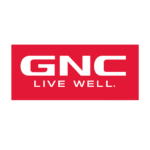
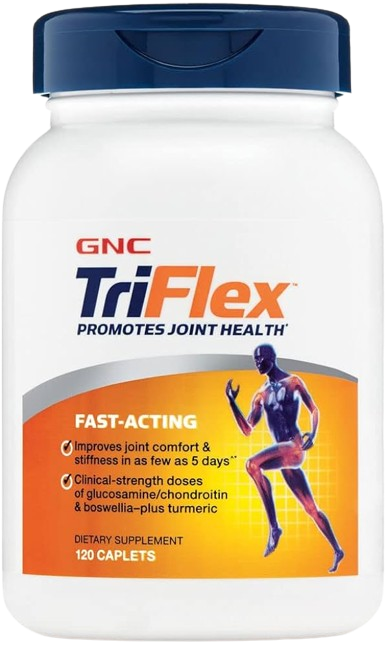
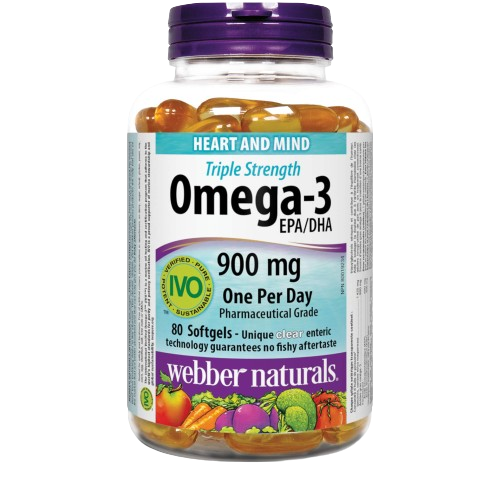
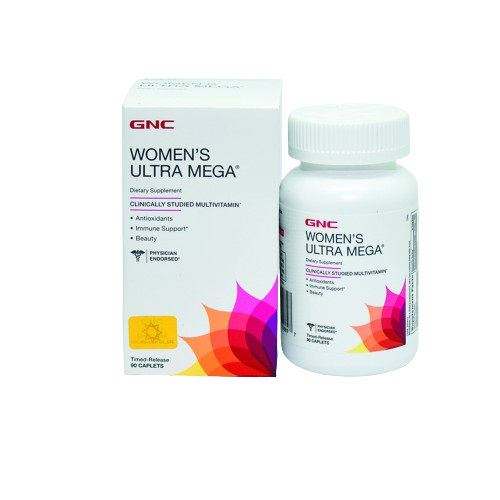
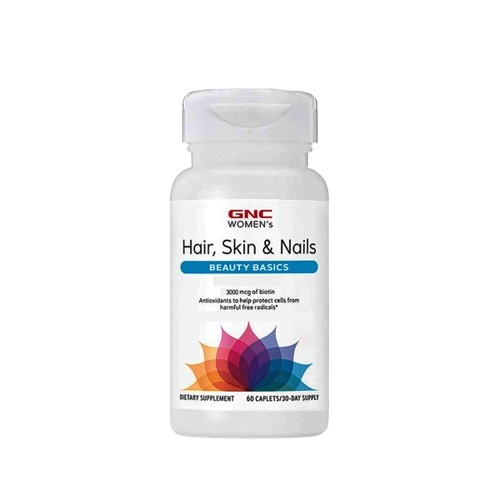

Reviews
There are no reviews yet.